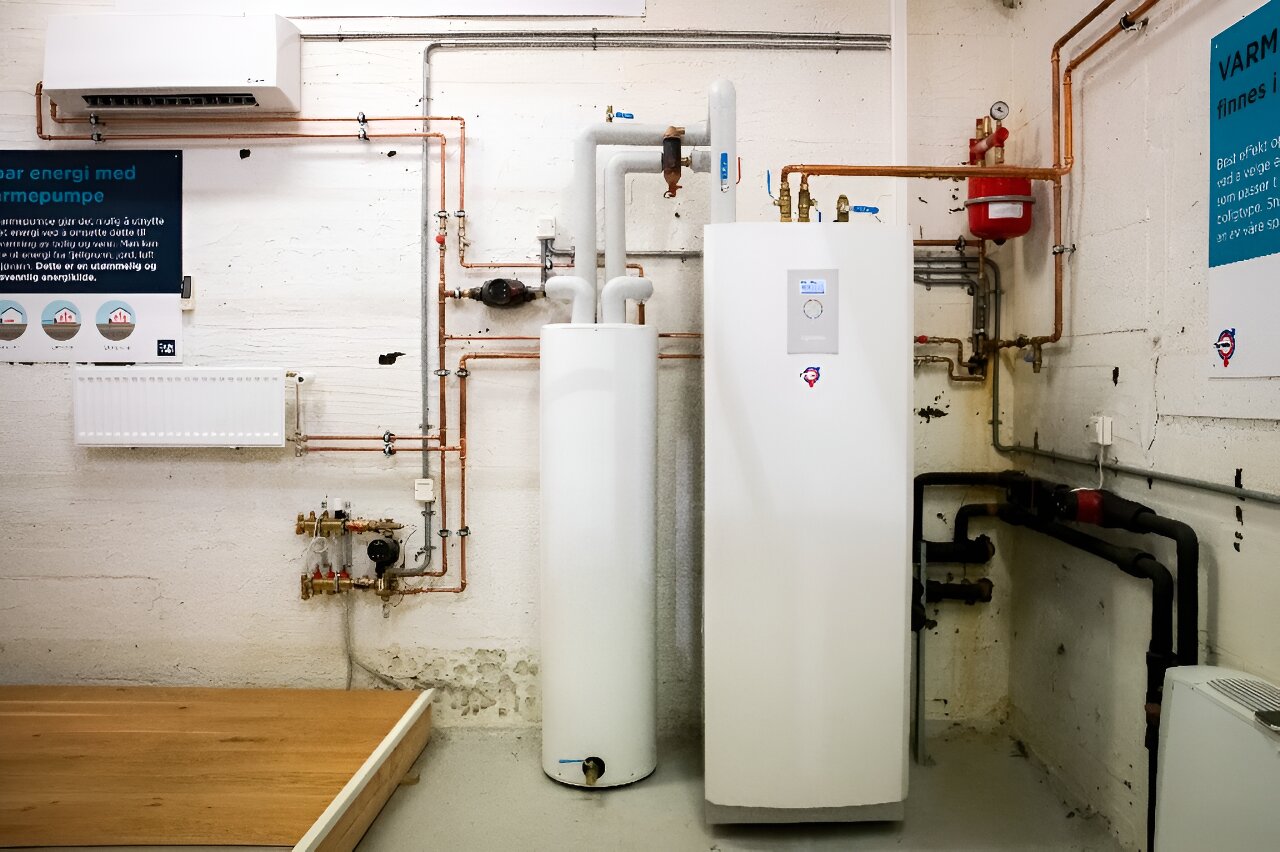- cross-posted to:
- hackernews@lemmy.smeargle.fans
- cross-posted to:
- hackernews@lemmy.smeargle.fans
Heat pumps can’t take the cold? Nordics debunk the myth::By installing a heat pump in his house in the hills of Oslo, Oyvind Solstad killed three birds with one stone, improving his comfort, finances and climate footprint.



Hah, from Belgium I can relate with the nonsensical requirements for grants and the fact that heat pump units can be hard to install in row housing.
Sounds like the rules are stupid and only written for new construction or very deep renovations. It will almost certainly be more cost-effective to do your own thing, without government help.
I haven’t made the plunge yet, but a reversible mini-split is probably what you want. They’re much smaller, wall-mountable units that require no change to the existing heating system (and are easily DIY’d if you can run the electrical circuit yourself). You can put one ventilation box per floor, which should cover the vast majority of your heating needs. Sure, it might not have the capacity to heat your house to 20°C when it’s -5°C outside (unless your house is really well insulated), but perfect should not be the enemy of good. Not turning on the gas boiler at all on mild winter days is already a big win.
For tap water I believe there are models that have about the same dimensions as a standard water tank but with a heat pump integrated. Can’t say I looked too deep into that though.
It’s not that they can’t heat your home to 20°C in the winter on those occasions where it’s freezing outside, it’s just that the heat output decreases as it gets colder, while the heat loss of your house increase, and your size your unit(s) for a specific temperature.
Our air to air system still has a cop of just above 4 at -7°C and 3 at -15°C. It manages to heat our 1960 house just fine (decently insulated, but not to modern standards). Even on those rare occasions the temperature drops that low in Belgium, we should be fine.
In a more modern house, the system could’ve been cheaper thanks to the better insulation.